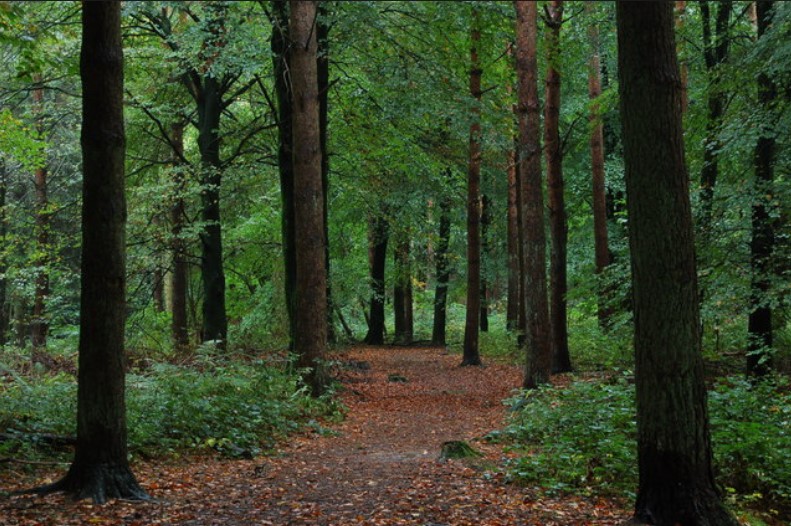Managed forests in Ireland have the potential to provide 20% of our climate change solution and are the most scalable way to help Ireland deal with its climate change challenges, according to international environment experts at a forestry-climate change conference today.
The conference titled ‘Forestry: Real Solutions to Ireland’s Climate Emergency’ was hosted by Ibec body Forest Industries Ireland (FII), this morning, Monday, July 8.
‘Game changer’
At the event, it was noted that managed forests are the most important crop that can be grown from a climate change perspective and are a game changer for sustainable job creation and wealth generation in rural Ireland whilst being the ideal solution for assisting the Government hit climate change targets.
The conference, held in the National Botanic Gardens, was addressed by Richard Bruton, Minister for Communications, Climate Action and Environment and Minister of State at the Department of Agriculture, Food and the Marine Andrew Doyle.
Timber products can now replace carbon intensive building materials, and wood fibres provide alternatives for consumer products such as plastic cups and synthetic, oil-based textiles.
‘Plyscrapers’
Wooden skyscrapers or ‘plyscrapers’ are being built with the highest being 14 storeys in Bergen, Norway.
Minister Bruton said: “We have invested nearly €3 billion in forestry since the 1980s which, through ongoing sustainable forest management, we can contribute to delivering abatement of up 20 million tonnes of CO2 over the period 2021 to 2030.
This is a major component of Ireland’s climate change action.
“However, we need to increase participation rates in the forestry programme to maximise benefits for climate action, the environment and rural communities.”
Minister of State Doyle welcomed the Climate Action Plan and is pleased that the range of actions highlighted by his department acknowledges the significant role of forests in climate change mitigation.
FII chairman Brian Murphy said: “A big part of our island’s answer to climate change is obvious, clear and staring us in the face – it’s growing in our trees. Well-managed commercial forests have huge ability to absorb CO2 and also benefit rural Ireland.
Last year, our wood products locked away as much CO2 as was produced by all the licensed cars in Dublin or all the households in Cork, Waterford and Kerry combined.
“As an added bonus, our industry is scheduled to provide an additional 6,000 jobs in rural Ireland as the current forestry crop matures creating important income for thousands of forestry workers, farmers and landowners in the process.”
Carbon sinks
Leading European forestry environment academic Professor Pekka Kauppi commented at the event, stating:
“Managed forests are the most scalable way to deal with harmful emissions. Forests and wood-based products offer sustainable, long-term solutions to the climate change problem.
“Forests act as carbon sinks and there are hundreds of valuable products that can be made of sustainably produced wood.
The forest sector is a very significant sector for climate change mitigation, an important partial solution, internationally and nationally, and reducing global emissions from fossil fuels will take time.
“Climate Smart Forestry (CSF) is one approach for achieving these goals and can help mitigate the EU’s CO2 emissions by up to 20% by 2050. All nations must now act responsibly in their forest sector.”
